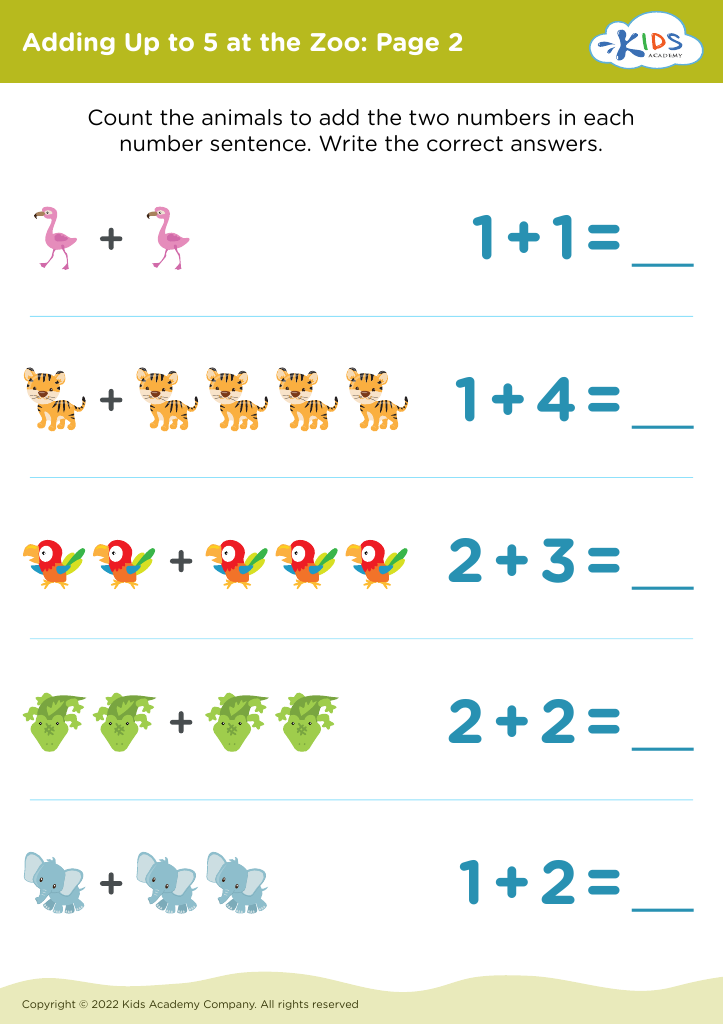Enhances analytical thinking Worksheets for Kids
1 filtered results
-
From - To
Question/Answer
How does the mastery of the Enhances analytical thinking skill affect a student's performance at an early age?
Mastery of enhanced analytical thinking skills at an early age significantly boosts a student's performance. It improves their ability to understand complex concepts, solve problems efficiently, and make logical decisions. This skill also aids in better academic achievements across various subjects, enhances critical thinking, and fosters independent learning, laying a solid foundation for future educational and personal success.
How to test a Preschool student’s Enhances analytical thinking skills?
To test a preschool student’s enhanced analytical thinking skills, employ interactive activities that require problem-solving, such as puzzles, sorting games (by shape, color, size), and simple pattern recognition tasks. Observe their approach to solving these activities, noting their ability to reason, categorize, and deduce solutions, which indicate their level of analytical thinking.
What are some effective activities to train students’ Enhances analytical thinking skill when teaching them about Adding at the Zoo?
For enhancing analytical thinking in the context of "Adding at the Zoo," consider activities like problem-solving puzzles (e.g., how many legs in the elephant enclosure), real-life scenario math problems (e.g., food distribution for animals), pattern recognition games (identifying patterns in animal spots and correlating with numbers), and group discussions on hypothetical zoo expansions or modifications requiring mathematical planning and reasoning.











